Yakuso-Jinshi - Hippocratic Shrine
An ancient Greek physician is honored as a god at this hole-in-the-wall shrine.
Japanese mythology and its religious counterpart Shinto are famous for their extensive pantheon of “eight million gods,” deifying everything from natural phenomena to historical figures. Moreover, it’s pretty much built on syncretism, incorporating deities and concepts from Buddhism, Taoism, Ainu mythology, and more.
So it may not come as a surprise that there is a shrine dedicated to Hippocrates, the ancient Greek physician who continues to be known in the medical world for the Hippocratic Oath, a vow of ethics sworn by physicians.
Originally established in 1858, the Yakuso-Jinshi shrine in the Higashi-Tamaya town of Kyoto is a place of worship for Yakuso-Jin, a dyadic pair of medical deities consisting of Ōkuninushi and Sukunabikona. They are often syncretized with Shennong, the Chinese god of agriculture and medicine, but this shrine is unique for adding Hippocrates to the mix, creating a trinity of medical gods from three different cultures.
As for how that came to be, the contemporary zeitgeist may offer a good explanation. At the end of the feudal Edo period, scholars were introduced to Western teachings for the first time and many of them turned to the new kind of medicine that could help them save more lives. As people learned of Hippocrates, it was not long before they introduced him to the traditional pantheon.
The original Yakuso-Jinshi, mainly dedicated to Shennong, was lost when the medics’ quarter of Nijo was engulfed in flames during the Hamaguri Gate Rebellion. Later in 1906, it was rebuilt and relocated to its current location, where it stands small among old-school houses. Curiously, one can only view the shrine through the protective glass, beyond which are mikoshi palanquins, guardian dog sculptures, a statue of Shennong, and a bust of Hippocrates on display. Its main worship area, marked by the usual torii arch, is not open to the public except during a medical festival held every November.

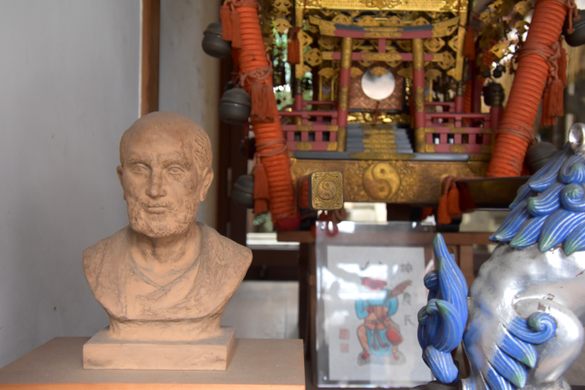
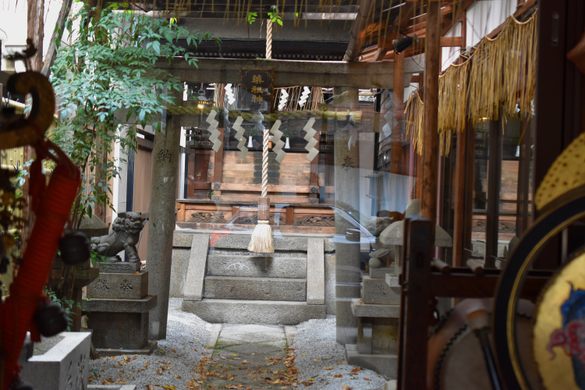
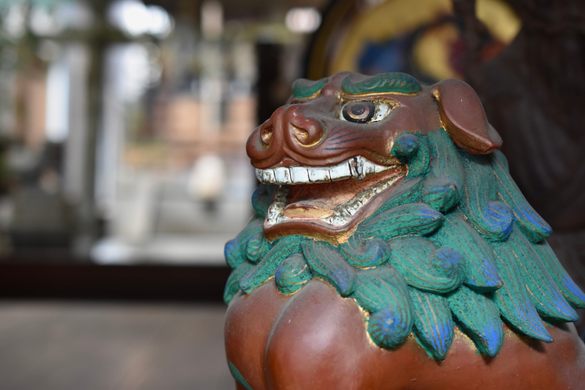
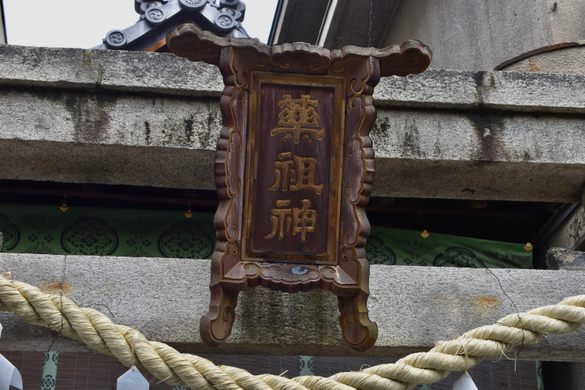
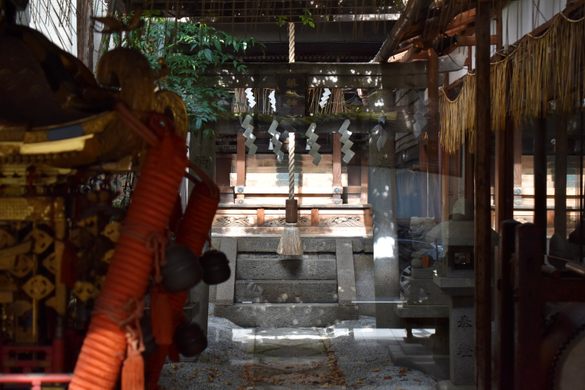
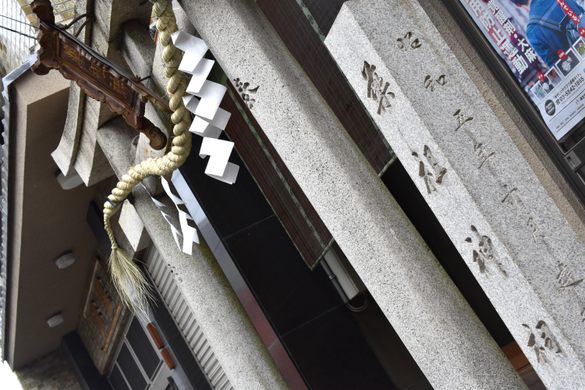
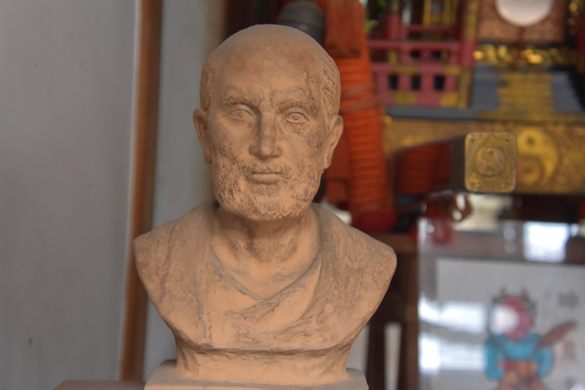
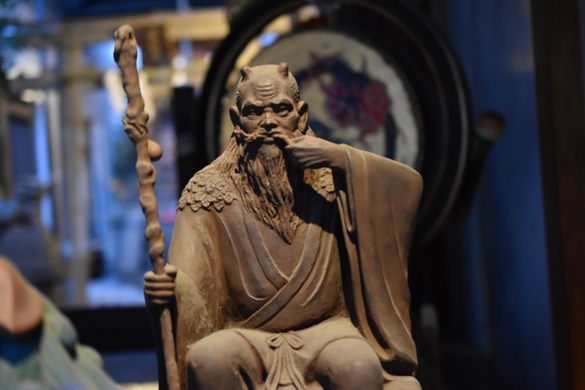
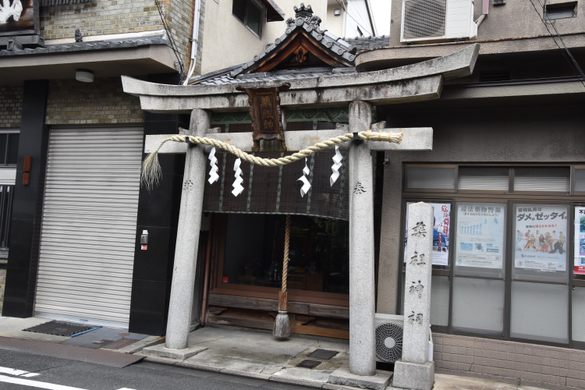



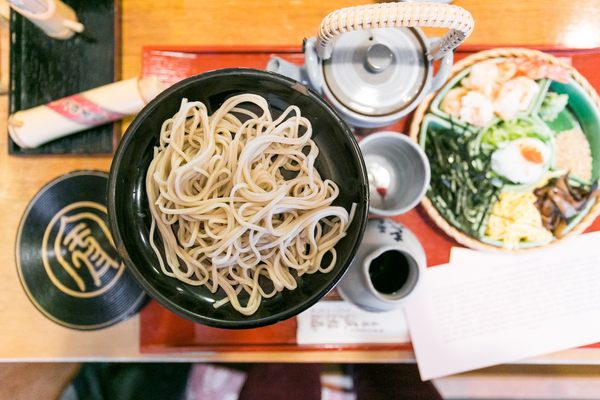
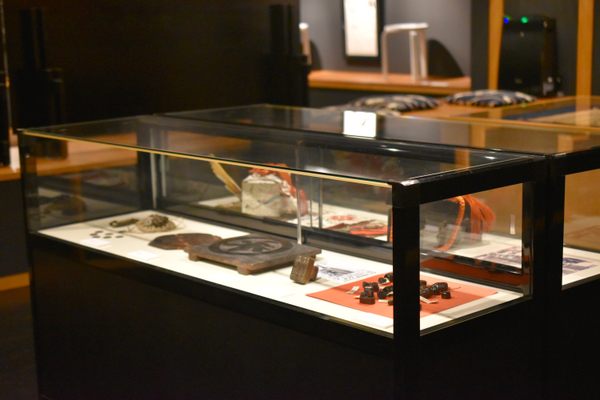


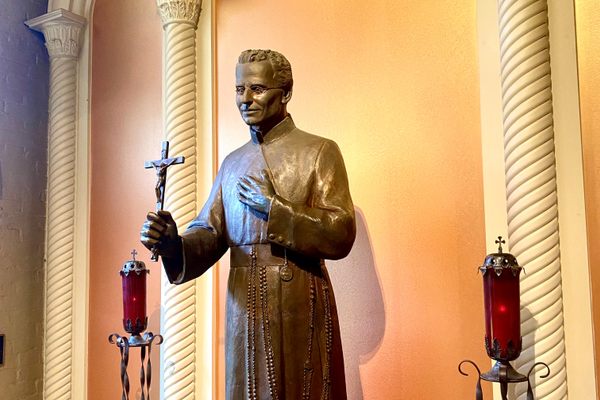
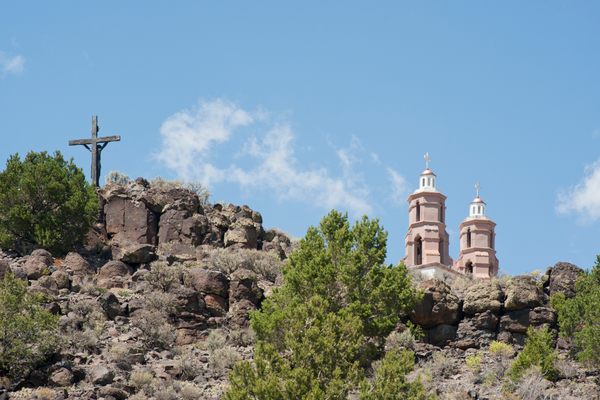
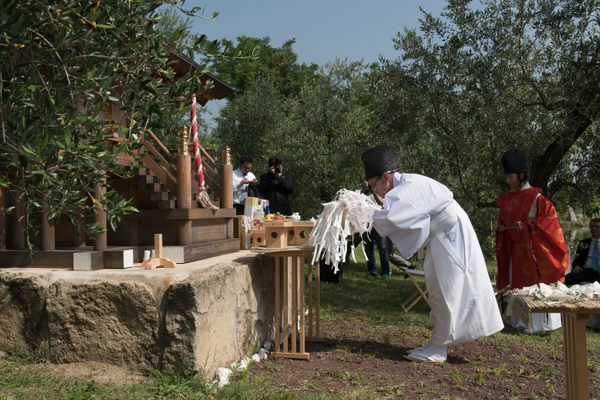
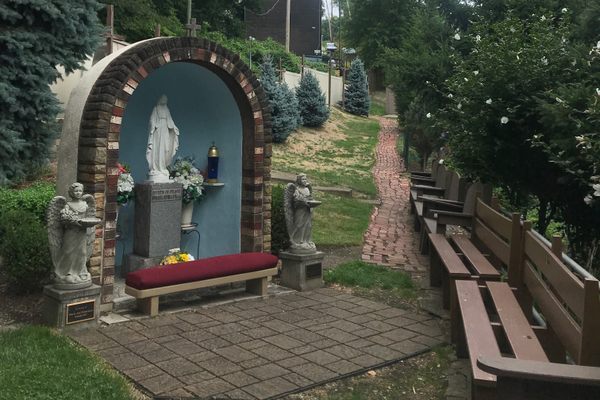
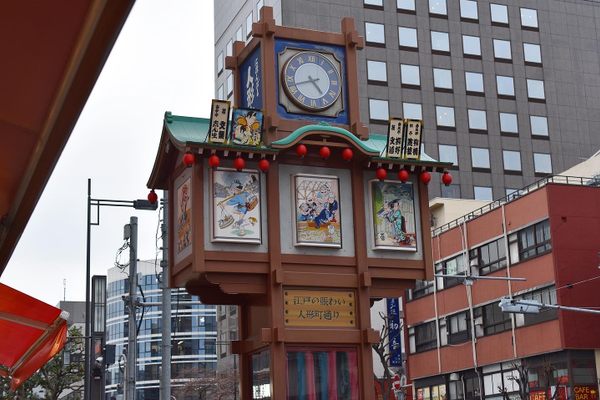

Follow us on Twitter to get the latest on the world's hidden wonders.
Like us on Facebook to get the latest on the world's hidden wonders.
Follow us on Twitter Like us on Facebook